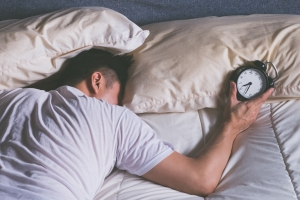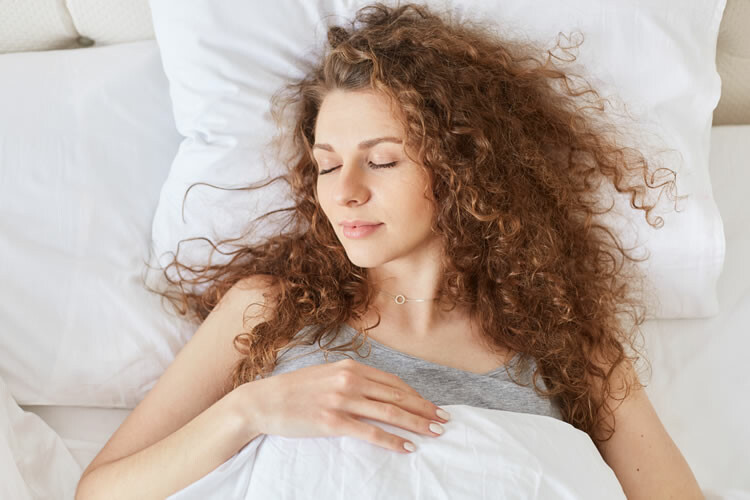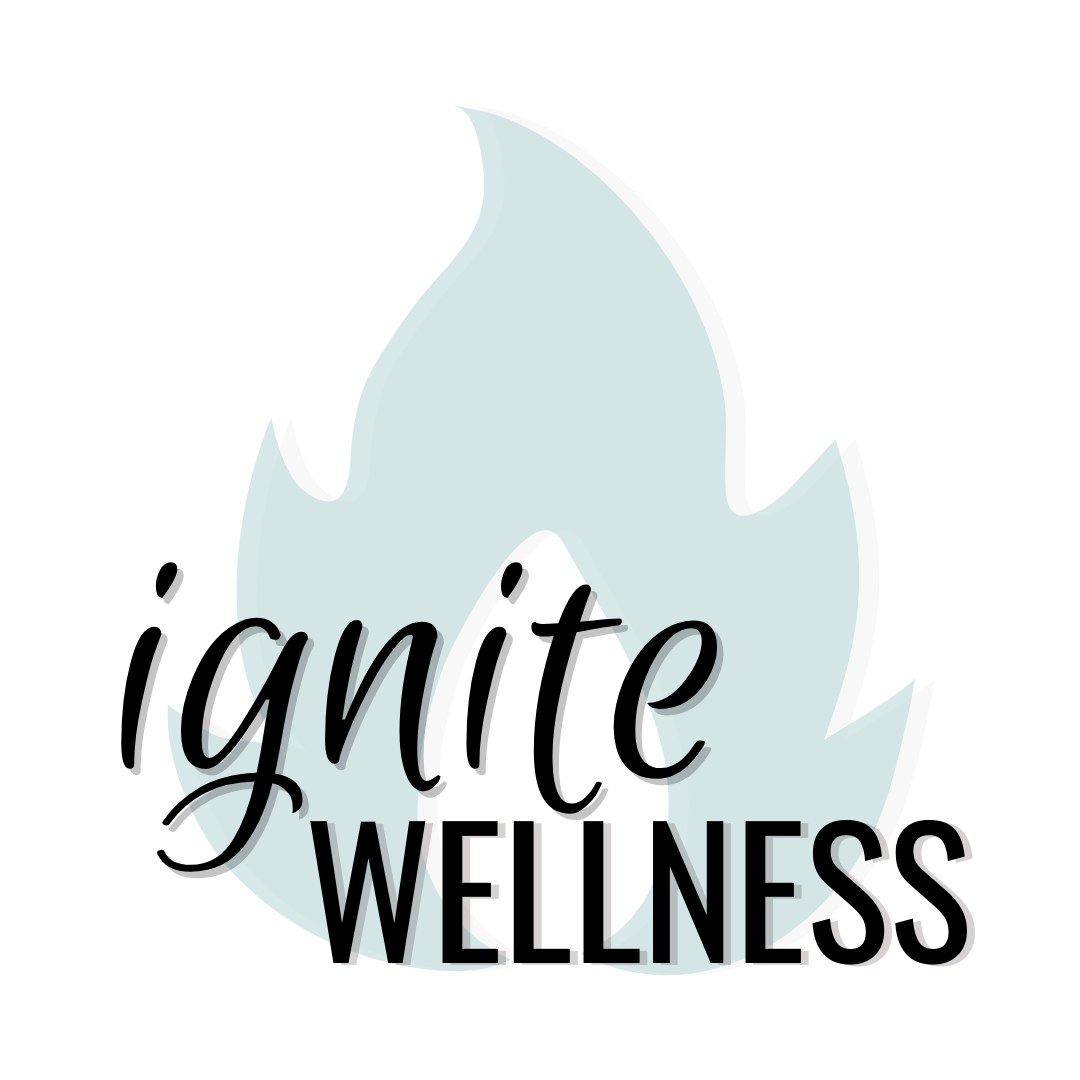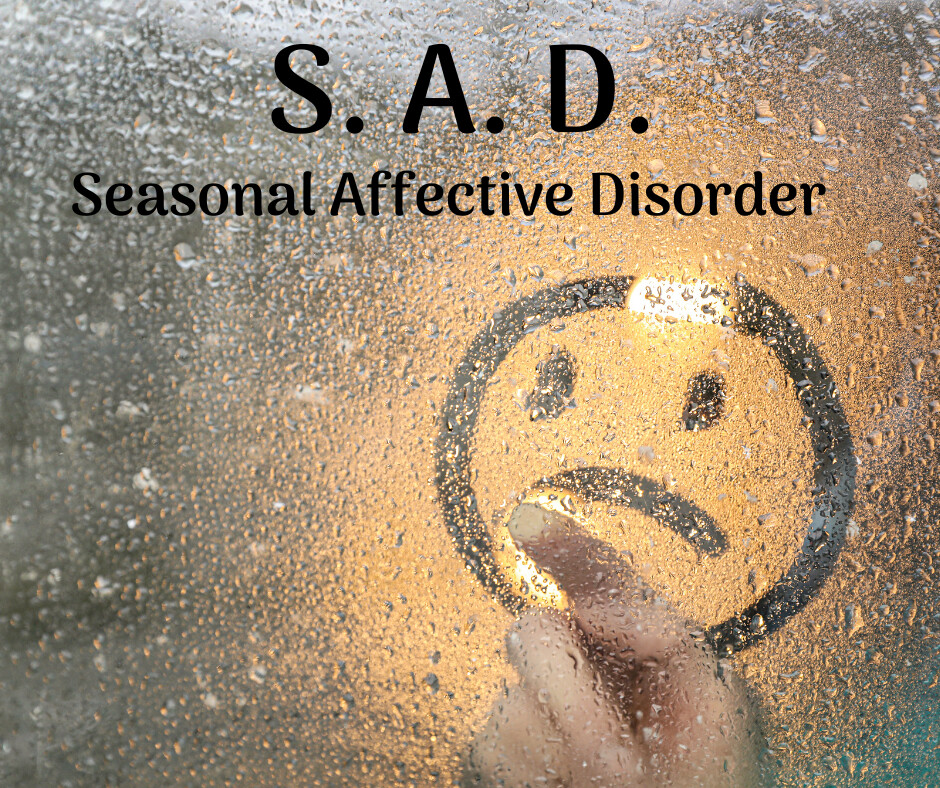

How Important Is Sleep?
Ample rest for the body is critical, yet an estimated 68% of the United States population has insomnia. They take more than 20 minutes to fall asleep, they wake up periodically throughout the night, or they wake up and are unable to fall back to sleep. These sleep patterns fit the clinical definition of insomnia, a major source of chronic stress that promotes a chronic stress response and compromises the hormone, immune, digestive, and detoxification systems.
Cortisol, DHEA, progesterone, melatonin, human growth hormone, estrogens, and testosterone all depend on quality sleep, as do neurotransmitters in the brain that can regenerate only with deep sleep. Poor sleep interferes with virtually all body functions and undermines homeostasis.
You cannot have optimal health and longevity if you are not sleeping well.
The hormone, immune, digestive, and detoxification systems are hardwired to your internal “clock,” or circadian rhythm. The circadian clock in mammals is in the hypothalamus. In modern society, we have chosen to ignore this basic law of nature, attempting to bend this physiological imperative to our own needs and desires. We pay a hefty price for disturbing the internal clock and sleep cycle.
It is interesting to note that we live in a time where the days are extended with artificial light, which creates a shorter dark cycle. By shortening the dark cycle, we deprive ourselves of sleep. To lengthen this cycle, try sleeping in a room that is completely dark. A dark sleeping environment supports the body’s ability to regenerate.
Another reason we are sleeping less, in addition to indoor lighting and multitasking lifestyles, is the universal acceptance and abuse of caffeine. Caffeine junkies are caught in a vicious cycle of inadequate nightly recovery. The more caffeine you consume, the worse your sleep will be because of hormone disturbance, and your tendency to increase caffeine consumption rises, further robbing you of adequate sleep, and so on. If you insist on drinking coffee or other stimulants such as “energy” drinks, caffeinated teas, and sodas, limit your consumption to about 8
ounces and take these substances before noon to minimize their interference with your sleep.
Poor blood sugar control may be a factor in your inability to rest and recover given the highs and lows at play with your nervous system and hormone levels. Exercise can support your ability to get a good night’s sleep or can interfere with it. Both over exercising, such as pushing yourself to run even when you are tired, injured, or experiencing pain, or exercising during times when you should be resting can feed this problem.
Emotion is another lifestyle component that affects the quality of your sleep. If you are easily upset and carry around the negative emotions of the day, your mind will be busy, and your body will be on alert. Learn to breathe deeply throughout your day and do not internalize negative experiences.
 Tips for Peaceful Night's Sleep
Tips for Peaceful Night's Sleep 1.Eat at least 3 hours before going to bed
2.Drink a warm cup of herbal tea
3.Turn off the TV an hour before retiring
(no TV in bedroom)
4.Avoid using electronic devices an hour before retiring (no electronic devices in bedroom)
5. Dark, cool temperature in bedroom
6.Warm bath with a relaxing essential oil
7.Diffuse Relaxing Essential Oil of Lavender
8.Read a book
9.Play soothing music or use sound machine or a fan
10.Consciously focus on relaxing each part of your body
11.Have a sleep schedule
12.The day is over…..as the song goes, “Let It Go”!
Love what you read here? Subscribe for updates!
Get FREE Access to my Visitors Wellness Vault










0 Comments